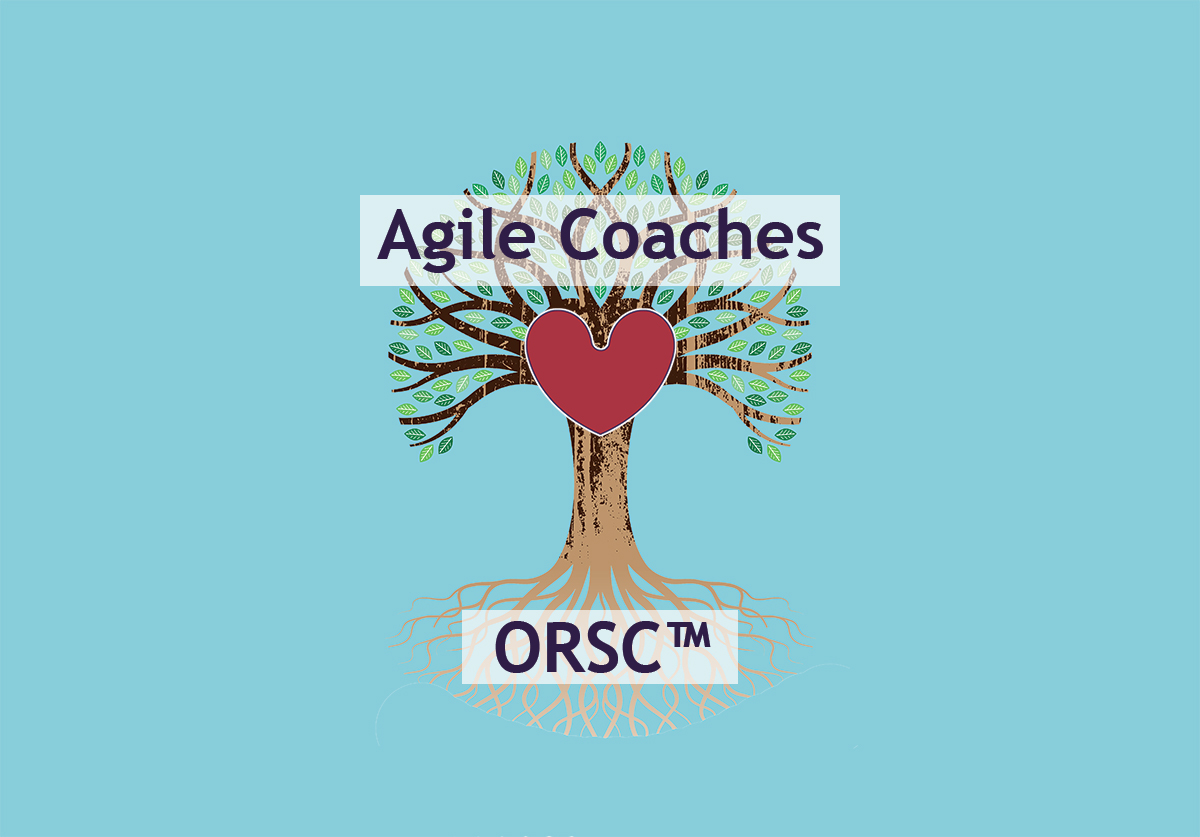We have been working with agile practitioners increasingly – see our blog “10 reasons why I love agile coaches”. Leo Inthapichai, a scrum master at Westpac Bank has responded with his “Why agile coaches love ORSC”. This mutual appreciation & opportunity is summarised below by Leo’s observations of ORSC:
It puts into practice the theory behind the Agile Manifesto principles
About half of the principles behind the Agile Manifesto speak directly to interactions and relationships. ORSC brings the principles to life by equipping coaches with the skills required to consciously design healthy relationships to promote openness, collaboration and foster team growth.
Often people are brought together and asked to deliver immediately as a team, and team makeups can be complex.
What happens when there is conflict? How are different working styles amongst team members revealed and managed? What type of culture do we want to create? These are questions ORSC addresses.
It teaches agile coaches to hold a mirror to the team in skilful ways
One of the principles that ORSC is founded on is that teams are naturally generative, intelligent and creative. An agile coach holds a mirror to the team to help them develop their awareness. With awareness, the team can tap into the intelligence of the system to get to the heart of any issue and begin to self-correct.
Have you noticed that teams with a high sense of awareness will take the time to get deeper into an issue (whether it relationship related or technical in nature) and resist the temptation to jump straight into solution mode?
ORSC tools and can be used without modification especially in retrospectives to powerful effect
A retrospective is a ceremony used by agile teams to inspect and adapt in order to drive continuous improvement.
There’s a number of tools from ORSC that can be applied without modification in a retrospective meeting. One I particularly like is the constellations exercise. It translates wonderfully to the online world and is used to reveal where individuals in a group stand on a particular topic. Nairy McMahon (director of CRR UK) describes it here.
I’ve worked with offshore teams where culture inhibited expansive sharing. The constellations exercise provided a gentle way to reveal everyone’s voice.
It helps agile coaches detach from ‘command & control’ mode
There are many paths on the journey to scrum master/coach. Some of us were previously project managers, developers or business analysts. Regardless, at some point on your journey, you would have likely made a transition from working in or managing a team – to having to relinquish control and trusting the team to deliver. The space a coach occupies is not in the territory of command and control.
ORSC teaches agile coaches how to interact with teams as a coach – creating a coaching agreement, having crucial conversations and setting a conducive coaching atmosphere, to name a few.
ORSC creates the conditions for high performing teams to emerge
The question of how to create high performance teams is an age-old one. High performing teams do not emerge by co-incidence – they invest time to constantly improve through intentional, concerted efforts.
In agile, the goal is not so much ‘high performance’, but rather continuous improvement through an empirical process. In that regard, continuous improvement results in high performance, however, the destination is never reached – an agile team constantly looks to get better.
ORSC uses MetaSkills to create an environment where continuous improvement for a team can occur. An environment of respect, collaboration, deep democracy, playfulness, commitment and awareness. MetaSkills are the philosophies, attitudes or interactions that members on a team bring to the team.
ORSC’s emphasis is on coaching the team. ‘A good Scrum Master helps every member of the team grow. A great Scrum Master fosters the team’s growth’ [G. Watts]
What differentiates ORSC from other models is the focus on relationships. Individuals are important as well, however always within the context of their impact on, and contribution to the team.
ORSC gets teams thinking in the units of ‘us’ and ‘we’. Individual coaching is still important, however ORSC understands that each individual is part of a greater network. The network influences the individual and vice versa. ORSC looks to move the network together, to coach and grow teams using a holistic approach.
This model is very useful for agile coaches working with teams. For example, even in the context of individual coaching, when there is feedback from an individual it is often something that the coach can encourage the individual to share with the team for the collective wisdom to solve.
Interested in learning more about ORSC? We are now offering our courses virtually
[mks_button size=”large” title=”Start Your ORSC Journey” style=”rounded” url=”https://www.crruk.com/orsc-virtual-fundamentals/” bg_color=”#aa3441″ txt_color=”#FFFFFF” icon=”” icon_type=”” nofollow=”0″]






